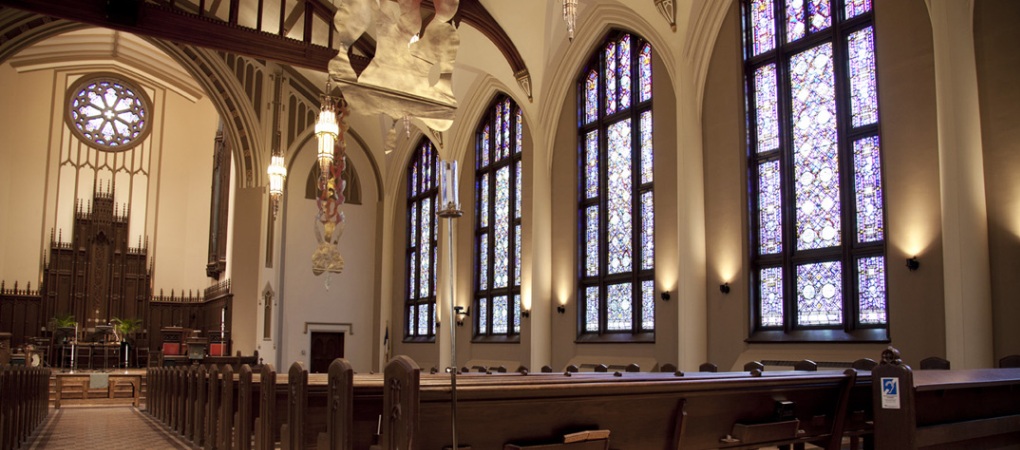The broader evangelical world is currently in turmoil over how to evaluate Critical Race Theory. In fact, six Southern Baptist seminary presidents signed a statement declaring Critical Race Theory to be incompatible to the non-binding doctrinal standards of their denomination.
Login to read more
Sign in or create a free account to access Subscriber-only content.
Topics:
